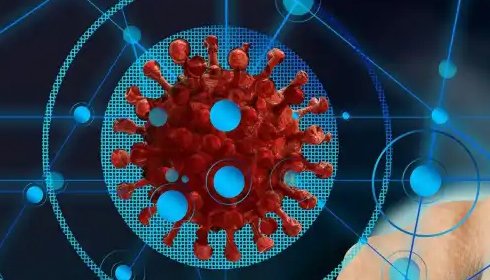Introduction: The World Health Organization (WHO) has launched the Coronavirus Network (CoViNet), a global initiative to ensure timely detection, monitoring, and assessment of coronaviruses that pose public health risks.
About CoViNet:
- Objective: Facilitate early and accurate detection of SARS-CoV-2, MERS-CoV, and novel coronaviruses.
- Expansion: Builds on the WHO SARS-CoV-2 Reference Laboratory Network established in January 2020.
- Global Reach: Includes 36 laboratories from 21 countries across all six WHO regions, with three laboratories in India:
- CSIR-NEERI, Chennai, Tamil Nadu.
- ICMR-NIV, Pune, Maharashtra.
- THSTI, Faridabad, Haryana.
Key Points:
- Comprehensive Surveillance: Incorporates animal health and environmental surveillance, and timely risk assessment to inform WHO policies and protective measures.
- Strategic Meeting: Representatives of the laboratories met in Geneva, Switzerland, on March 26-27, 2024, to finalize an action plan for 2024-2025. This plan ensures that member states are prepared for early detection, risk assessment, and response to coronavirus-related health challenges.
- Guiding Data: CoViNet data will support the work of WHO’s Technical Advisory Groups on Viral Evolution (TAG-VE) and Vaccine Composition (TAG-CO-VAC), ensuring that global health policies and tools are based on the latest scientific information.
About WHO:
- Director-General: Dr. Tedros Adhanom Ghebreyesus
- Headquarters: Geneva, Switzerland
- Established: April 7, 1948


